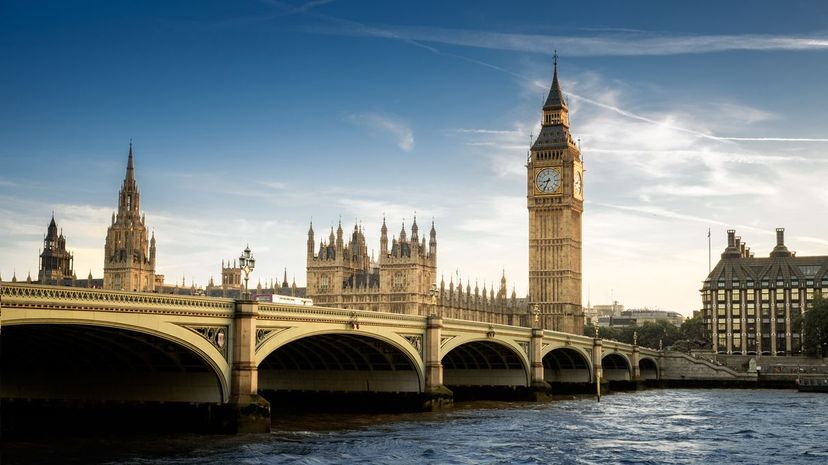
About This Quiz
England was once many kingdoms, and some of the regions we refer to today were once these distinct kingdoms. Were one to travel every inch of England, one would quickly realize how diverse a land it is in terms of geography, climate, culture and history. In the age of the Anglo-Saxon Heptarchy, ruling a kingdom was limited to where a king could travel in a year, issuing rulings, explaining the king's law, etc. Alfred the Great of Wessex, who unified England for the first time since Rome, instituted a system of burhs, or fortified city centers. This was a centralised regional government, meaning local tax collectors, law enforcers, and other civil servants could work out of the same office, effectively. It also forced many to move into cities, as these were the only legal places to conduct certain types of trade. This resulted in further cultural distinctions region to region, as each region's thegns would interpret the King's law, rather than require constant royal visits to handle every legal matter.
Of course, the influences on these regions were not just English. Much of the north was once part of a Norse settlement called The Danelaw. It was so loved by its settlers because it was similar to their (mostly) Danish homelands, but warmer and with better soil for farming. Add to this history many centuries of cultural evolution, immigration from all over the Empire and the evolution of the region's climates, and the England of today has numerous constituent parts, each with its own personality. Which one matches yours?



Advertisement



Advertisement


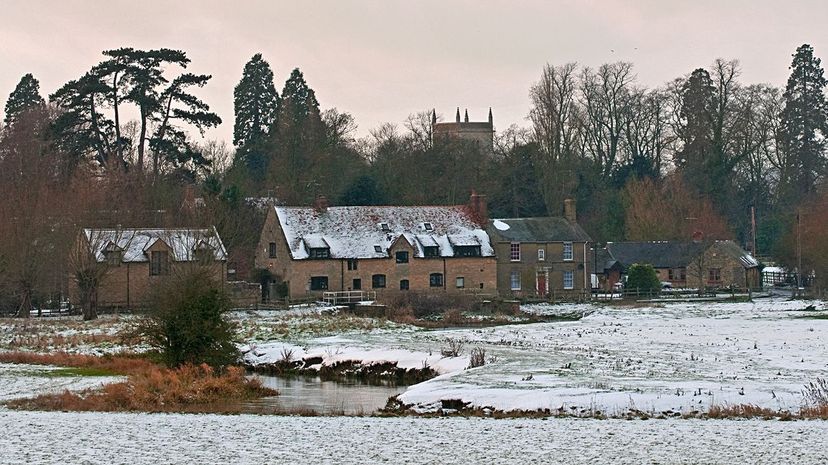
Advertisement



Advertisement



Advertisement



Advertisement



Advertisement

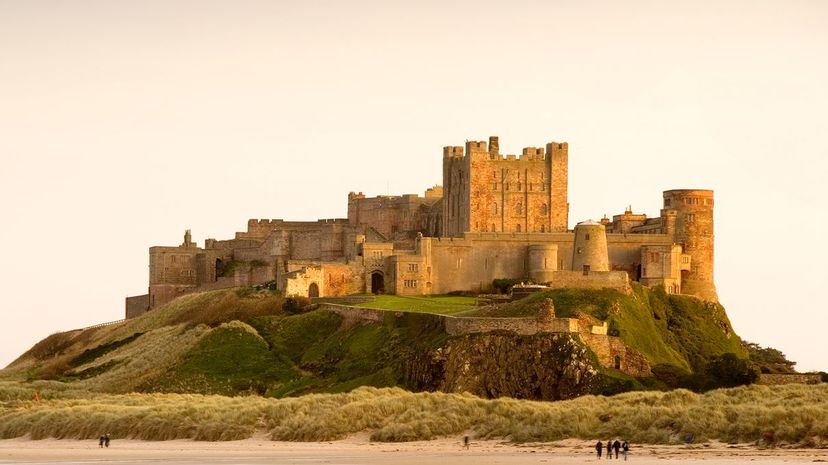
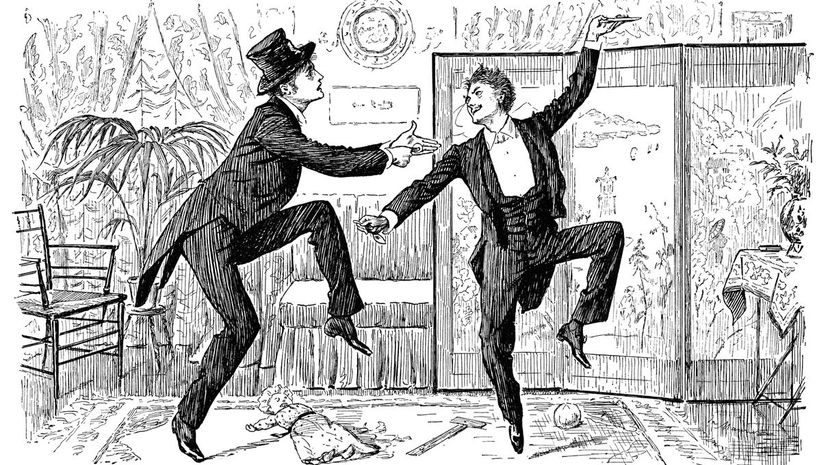
Advertisement
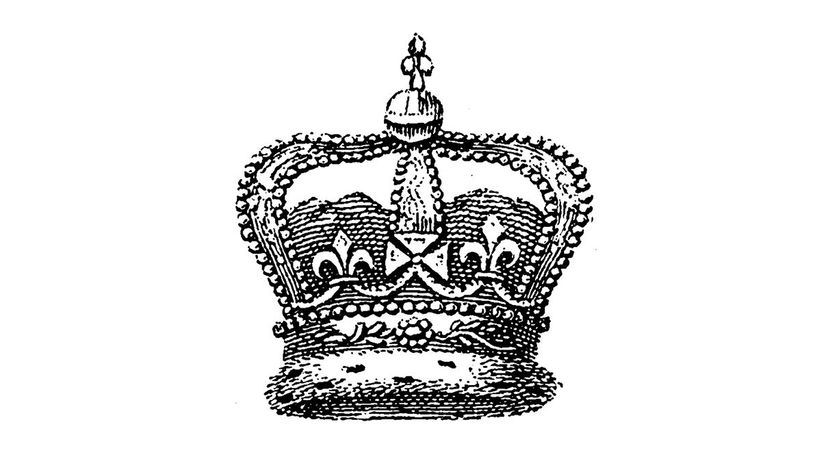


Advertisement



Advertisement
You Got: